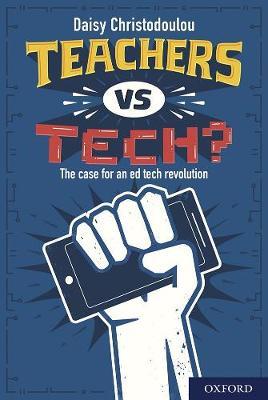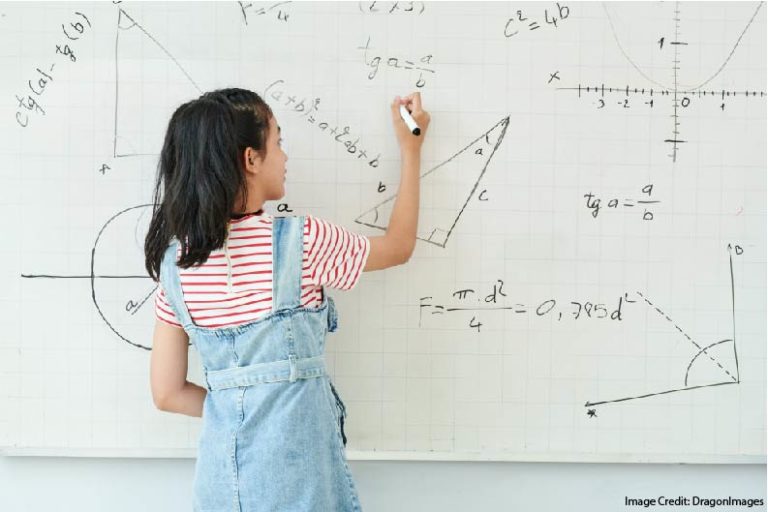Tags
ADHD adolescence attention autism book review boundary conditions classroom advice conference speakers constructivism/direct instruction creativity desirable difficulty development dual coding elementary school embodied cognition emotion evolution exercise experts and novices gender high school homework intelligence long-term memory math methodology middle school mind-wandering mindfulness Mindset motivation neuromyths neuroscience online learning parents psychology reading retrieval practice self-control skepticism sleep STEM stress technology working memoryRecent Comments
- How to Present at a Conference... |Education & Teacher Conferences on Enjoyment or Skill? The Case of Reading
- How to Present at a Conference... |Education & Teacher Conferences on Do *Goals* Motivate Students? How about *Feedback*?
- Roberta on Seriously: What Motivates Teachers to Be Funny?
- Revisiting the "Handwriting vs. Laptops" Debate: More Moving Goalposts |Education & Teacher Conferences on Handwritten Notes or Laptop Notes: A Skeptic Converted?
- The Power Of A Growth Mindset: How Students Can Overcome Challenges - Sunshine Blessings on The Rise and Fall and Rise of Growth Mindset
ABOUT THE BLOG

When Evidence Conflicts with Teachers’ Experience
Here’s an interesting question: do students — on average — benefit when they repeat a grade?…

“Soft” vs. “Hard” Skills: Which Create a Stronger Foundation?
As teachers, should we focus on our students’ understanding of course content, or on our…

I’m Not Excited, YOU’RE Excited (OK: I’m Excited)
I’ve been going to Learning and the Brain conferences since 2008, so it takes a…

Teachers vs Tech?: The Case for an Ed Tech Revolution...
The dramatically increased reliance on technology to support students’ learning during the COVID-19 pandemic has…

Does MOVEMENT Help LEARNING?
In the exaggerated stereotype of an obsessively traditional classroom, students sit perfectly silent and perfectly…
